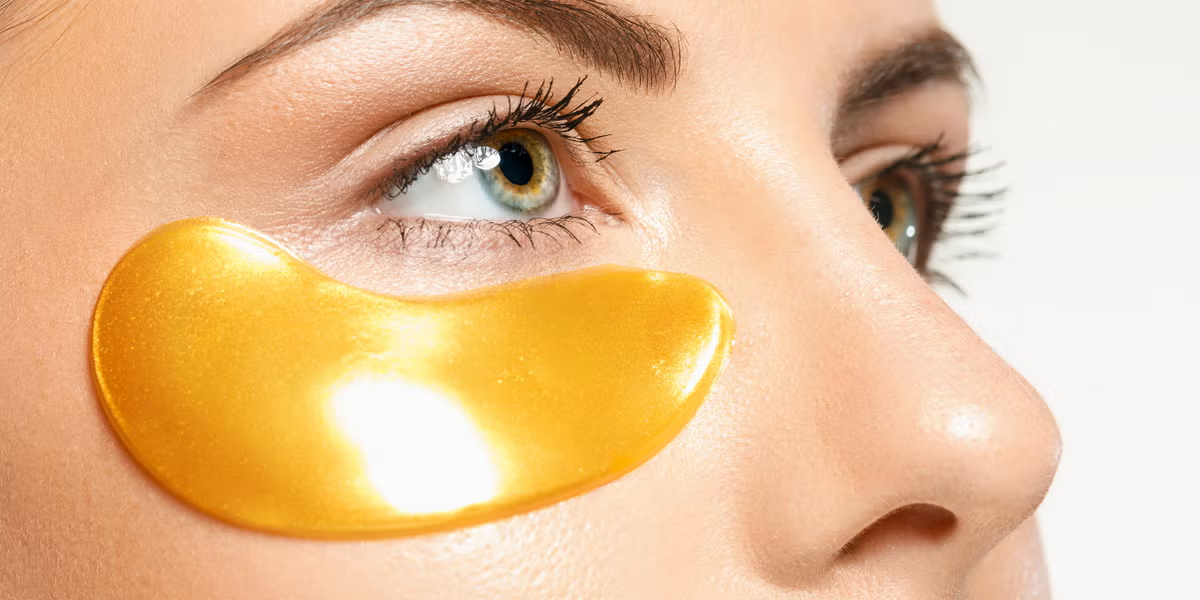There are numerous factors that can compromise the health of the skin, influencing the appearance of the skin and that can cause a series of problems such as sores, abscesses, abrasions and boils. The skin , in fact, is a fundamental organ for our health, as it performs many essential functions for the protection of the body from external agents.
However, it often happens that we underestimate the importance of taking care of our skin , for example during periods of heavy workloads or after the birth of a child, when the baby boy or girl takes up all our time. Instead, we must always dedicate time to protecting the epidermis, ensuring that it exerts a correct barrier effect without decreasing the level of protection it guarantees to our body.
The benefits related to skin health
The skin is made up of a series of layers, each of which contributes to the health of our body by protecting us from viruses and bacteria, UV rays and temperature changes . In addition, the skin normalizes water balance and regulates body temperature . Healthy skin is an essential requirement for our well-being; therefore, the care of this organ should never be underestimated.
In particular, the protective action of the skin begins with the most superficial layer of the epidermis , which protects us from atmospheric agents such as harmful solar rays. Under the epidermis we find the dermis , a tissue that contains nerve endings, hair follicles, capillaries and sweat glands. Finally, a layer composed of subcutaneous fat protects the muscles and helps maintain a correct body temperature.
Skin care provides several benefits, first and foremost ensuring that it can perform its protective function in an optimal way. Healthy skin also helps prevent skin aging for aesthetic purposes , keeping the epidermis elastic, hydrated and nourished so that it is less subject to a series of age-related consequences such as wrinkles, streaks and other blemishes.
Furthermore, taking constant care of your skin reduces the risk of inflammation, redness and lesions , maintaining the skin’s ability to regenerate itself through surface renewal.
Many diseases of the body manifest themselves with skin symptoms , from blisters, which may indicate a food intolerance, to itching and redness, which may signal contact with pathogens. This is especially true for newborns: the absence of verbal communication makes it essential to monitor the child’s skin, to identify any health problems.
How to take care of your skin properly
Skin care requires a series of daily attentions, starting with a healthy and balanced diet that can guarantee an adequate intake of essential micronutrients and microelements, i.e. vitamins, minerals and antioxidants. Among the foods that are good for the skin are kiwis, citrus fruits, green leafy vegetables such as artichokes, spinach, asparagus and broccoli, all foods rich in vitamin C that help stimulate the production of collagen to promote tissue repair.
It is also necessary to hydrate properly throughout the day, drinking at least 2 liters of water a day consistently, for example by always carrying a water bottle even when you are away from home. It is important not to wait until you feel thirsty before drinking water, because when the sensation of thirst manifests itself it means that the body is already in water deficit.
Likewise, it is essential to protect the skin from external agents , keeping it always hydrated and nourished to protect it from the action of the sun’s rays, wind and low or high temperatures. Furthermore, skin disorders should never be underestimated and should be treated immediately, avoiding neglecting skin lesions, abrasions, minor wounds and any damage to the skin that can negatively affect the skin’s protective action against microorganisms.









